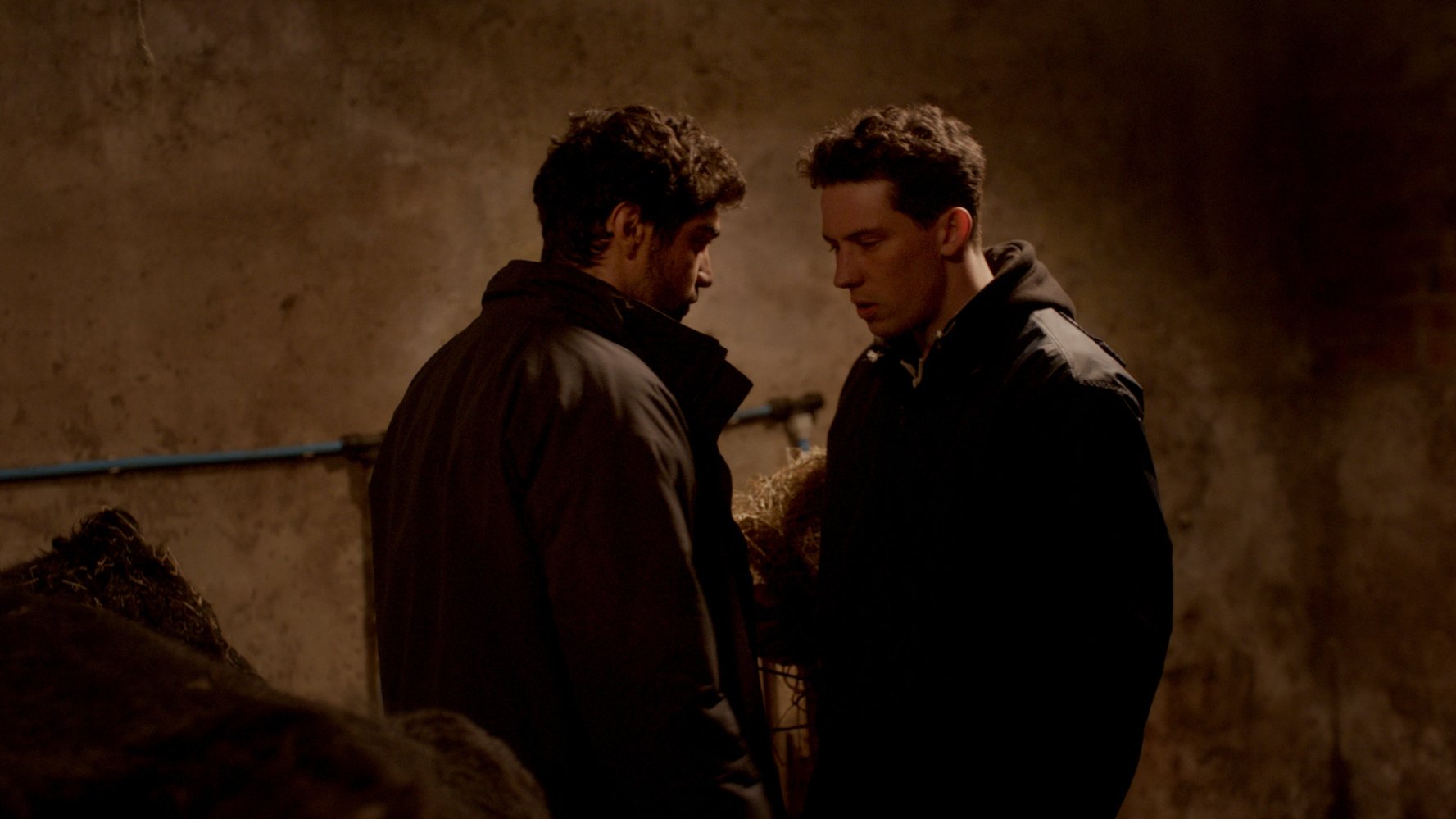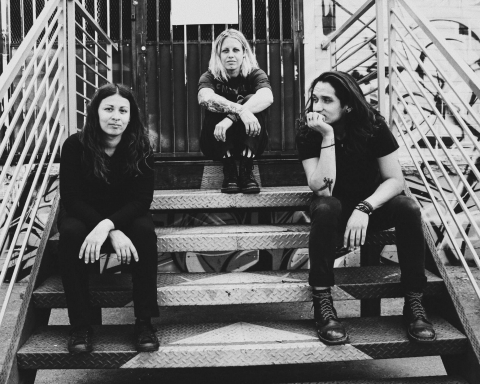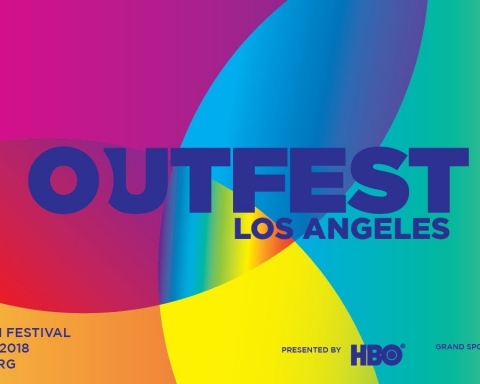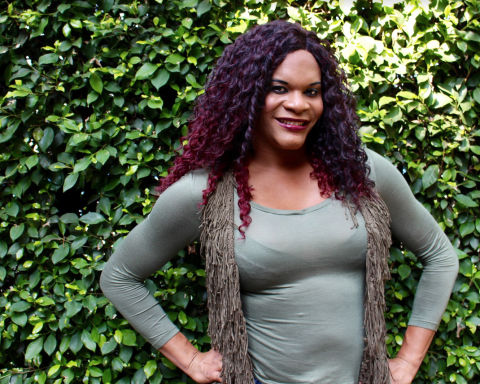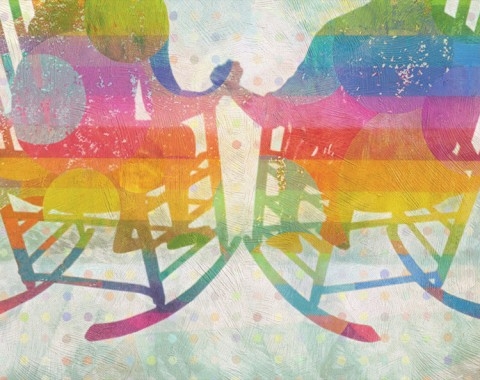Many queer stories are urban stories, examining the lives of queer people searching for community in cities around the world. Smaller towns and rural areas are often devoid of an active LGBTQ+ community, leading many people to make their way to bigger cities, where they might find community, friends, and romantic partners. However, relocation isn’t always possible, and some prefer the quieter ways of life afforded by living far from the glare of city lights. It’s a pleasure to see movies delve into alternate queer experiences and lifestyles, such as the steamy countryside romance of Francis Lee’s stunning debut, God’s Own Country.
In the film, Johnny (Josh O’Connor) tends to his family’s farm, toiling away to keep everything up to par while his father’s health degenerates. Early on, we see Johnny going to a livestock sale, where he’s able to find a casual encounter with a cute guy in an animal trailer, a brief moment of connection that is severed as soon as the deed is done. Johnny refuses the invitation to go somewhere afterward for a drink.
We soon see that Johnny’s life is one of carefully cultivated boundaries. Even his work is symbolic of the way he compartmentalizes the various areas of his life: just as he mends fences and walls to prevent his family’s sheep from going astray, so he carefully hides his sexuality from his parents (Gemma Jones and Ian Hart), and allows himself only occasional, feverish sexual encounters.
His boundaries are complicated with the arrival of a Romanian migrant worker named Gheorghe (Alec Secareanu). Gheorghe is brought on for a brief stint to help during lambing season, which involves him and Johnny camping out in the cold English countryside, so they can readily deliver lambs whenever the sheep go into labor. (It’s worth noting that some of the moments involving the animals are vivid and graphic – I’ve rarely been so loud while watching a movie, with all my gasps and screams.) The tension between the two men builds to a supremely erotic scene, mud spattering and clothes coming off in the wee hours of the cold morning. It’s one of the steamiest sex scenes I’ve ever seen, and some of the images shan’t ever be shaken from my mind.
The film’s rural setting lends itself naturally to an intimate tale, bolstered by the beautiful, nuanced performances of the principal cast. Even as Johnny and Gheorghe find happiness in each other’s company, they’re faced by the stark realities of being queer in a heteronormative setting. Additionally, Gheorghe faces racism, both from Johnny early in the film (he bristles at being called a “gyppo”) and in an explosive scene toward the end. The sense of not belonging gives an ironic twinge to the film’s title – perhaps these gay men are intruders in God’s Own Country, a blight on the Eden-esque beauty of the rolling hills and endless skies.
More likely, Lee intends the setting to underline how beautiful and, more importantly, how natural queer love is. Out in the painterly sweep of the pastoral landscape, two men who often feel frustrated and out-of-place find a sense of belonging in each other’s arms. Details like Johnny’s initial aversion to kissing and the use of a certain slur only heighten the sense of how sacrosanct that connect is; they’re feeling their way through their own baggage, their own stuff, toward each other and toward and greater sense of self-acceptance, which makes any locale wholly theirs, and thus, holy in its own queer way.
Author: Clayton Walter

